Making the shift from transactional to relationship-based recruiting
Although most recruitment and talent acquisition functions now understand the importance of operating in a strategic manner transforming into a strategy-centric department requires understanding new tools, models, practices, and cultures.
Why You Should Care
Recruiting can, when done well, offer huge strategic worth to an organization and has the ability to form the foundation of great people practice – but it cannot stay still and must think about different tacks to take, such as becoming a relationship-based function.
Relationship-based recruiting enables talent acquisition functions to solve many of the problems they currently face, including access to candidates, cost of hires, and talent brand excitement.
Yet, the shift to relationship-based recruiting isn’t straightforward and requires an understanding of the new model and culture changes to go with it.
Going back to the roots of recruitment: relationship-building
News regarding the labor market can make for grim reading. There are ongoing difficulties regards recruitment and retention that have been percolating since near the beginning of the pandemic. There is also the so-called Great Resignation. And, there are also more hard-to-solve demographic problems that are, as one roundtable attendee noted, beginning to come to the fore, such as a decrease in the birth rate and a generational change in attitudes to work.
With so many macro issues to contend with, it’s incumbent on HR and TA functions to find solutions. This is where the roundtable discussion turned into a discussion of the benefits of proper relationship-building with candidates. As the roundtable conversation laid out, this doesn’t just mean ensuring there is a one-off good conversation with a potential hire but that a recruiter or sourcer tracks an individual’s career and ensures they’re aware of who they are, what they want, and are having their needs met at each step of their interactions with a potential hiring business. It’s, almost, a lifelong connection.
In fact, relationship building was seen as a key part of a more strategic hiring gambit in a hard-to-hire market. Many of the roundtable attendees thought relationship building would be able to overcome issues they have with branding and pay, and could also help build connections that showcase, to a candidate, the potential to engage with good workplace culture which might give them the potential the opportunity to grow and leave a legacy.
For one attendee, relationship building is like going back to the roots of recruitment: it’s about finding the candidates that fit a role profile, and building your stock with them, so that you might hire them presently or in the future. This, they said, can result in a boost to current recruitment strength and can really convince someone to join when there might be bigger, better-financed competitors who also want to hire them. It could even result in access to different types of candidates, such as boomerang or returning employees.
This is because, as another attendee explained, relationship building is all about care provision and showing an individual that you, another recruiter, actually can deliver for them. When relationship-building is done well, and effectively, it’s not just about arbitrarily keeping in touch but centers on meeting their needs at each stage of their career and hiring process. It’s about keeping in touch and building flourishing connections with candidates who might not have made the cut for one role but are very good and might be a good hire in the future.
This makes sense, all attendees agreed, as these candidates are often already sold on the company. In many ways, when it comes to top talent, roundtables attendees agreed recruiters should never be saying no but fostering ongoing relationships regardless of whether they ended up being hired for a current role or not.
Technology, transparency, and the starring role of recruitment
There was an acknowledgment by roundtable attendees that, perhaps obviously, relationship-building, done properly, is a time-intensive activity. Phone calls can take up to an hour, follow-up calls at key career moments need to be planned, research done, and, well, relationships built. Whilst all of these activities are crucial – as one attendee stated, they are central to good recruitment practice – they aren’t exactly resource un-intensive.
Here, the conversation turned to where technology might be able to allow recruiters to focus on more human, value-adding, relationship-building tasks. As discussed, it would be able to help them sift through data to ensure they’re spending time with individuals that will be useful to their organizations and can help them automate the more mundane and transactional elements of the recruitment process. It can also supplement branding and outreach activity, allowing the recruiter to focus on important human interactions.
And, if they get the right tools, recruiters can start building the foundations of a relationship that can start paying dividends for the business and for the candidate, too. They’re likely helping retention figures – by being the first point of contact in a hopefully beneficial relationship and showcasing the best of the culture – and are likely a good ballast that can help HR and managers in potentially difficult future moments. If this relationship building is done in a transparent and honest manner – it means that the candidate will experience no shocks when joining the company. In many ways, like dating, it should mean both candidate and recruiter find out a bit about each other, and do so in an honest way, that might underpin a great future together.
All in all, the best outcome for every party.
Why join an UNLEASH roundtable?
Amid the current disruption, HR leaders need to get ahead of the exponential trend where work, technology, and how work gets done have changed forever. But how should we approach the relevant questions, given the radical uncertainty we continue to face as the pandemic becomes more protracted than anyone imagined? Our exclusive Virtual Roundtables are designed to explore where business leaders are focused now, key challenges and prioritization for the rest of the year, and what matters most in planning for what’s next.
Find out what’s upcoming via our Event Calendar.
Sign up to the UNLEASH Newsletter
Get the Editor’s picks of the week delivered straight to your inbox!

Multiple award-winning journalist, editor and content strategist
Dan is an award-winning HR journalist and editor with over five years experience in the HR space.
Contact Us
"*" indicates required fields
Partner with UNLEASH
"*" indicates required fields
